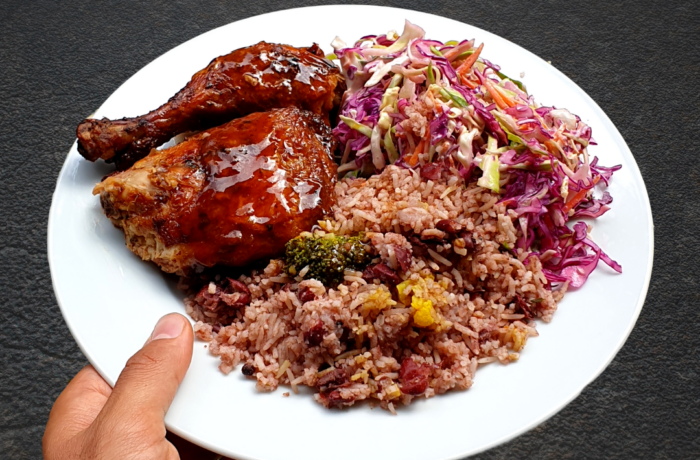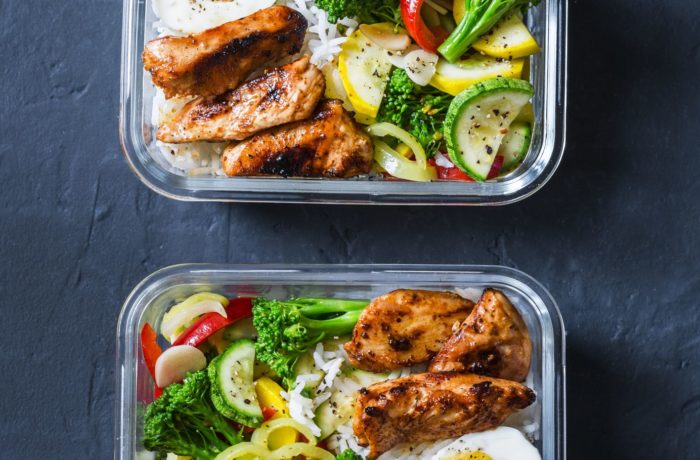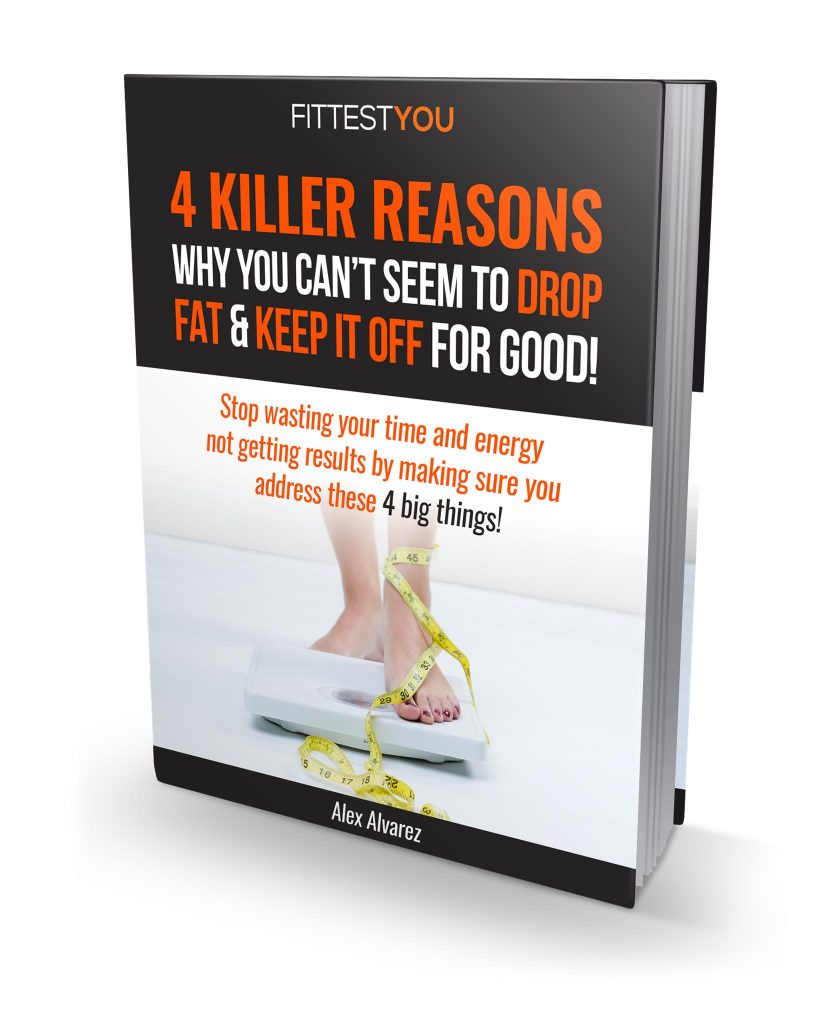
Why you MUST use a food diary to get results… and when you shouldn’t!
Looking to eat more healthily?
Okay great, but how are you planning on tracking your progress?
You weren’t?
Let me put you on some game.
Nutrition is potentially the most challenging aspect of someone’s fitness & health journey.
And the FIRST step for anyone that is embarking on this journey is AWARENESS!
Meaning; what are you doing now & where would you like to get to.
Just like training, those that are struggling to improve their food don’t follow any type of system to achieve results.
Chances are they’re relying on ‘gut instinct’ or ‘listening to how their body feels’ and expecting progress week after week.
On 1 hand our bodies are intelligent and give us all kinds of signals about what decisions are good for us or are not. BUT when it comes to food, because it’s so closely linked to survival, things can get real confusing if we purely ‘follow our instinct’.
The truth is, for a normal person that is not really educated about food, they do not know their body nearly as well as they think they do.
Don’t believe me?
Has your body been telling you to binge eat on pizza, smash chocolates in massive quantities or drink a bottle of wine every 2 nights to manage work stress?
I’m willing to bet that only a fraction of these are out of conscious choice but most often it’s out of a strong impulse or craving.
Am I right?
Not judging, I’ve been there mannnyyy times.
So what should we do?
We need to follow a system that allows us to see (track) what we’re doing and which allows us to become educated over time!
Now. when we say tracking your food, once again we mean AWARENESS.
In the same way you go to work and check if you’ve been paid each month, and check your accounts to see how much you’re spending, we do exactly the same thing with food.
When we shine a torch on how we are eating we learn a few things:
- We realise that we massively underestimate how much we’re eating when we don’t have to pay attention to it.
- We realise how much our habits change over the weekend
- We realise how much we may be snacking out of sheer boredom
- We realise the nutritional value of foods
Most people easily eat 500-800 MORE calories than they even thought they were consuming!
Of course it’s not just about calories but whichever way you spin it, we’re eating more than we thought.
BUT now when you use a food diary, you can instantly see where it is that you are doing things well and where you need to improve.
We also eat more intentionally, rather than scoffing down anything in sight and we build a real appreciation for the food we often take for granted.
I recommend everyone go through a phase of food tracking throughout a period of their life, to truly educate themselves on food.
It’s 1 thing to just read a blog post about the benefits of healthy fats & protein, and a whole different story when you see the REAL LIFE impact of the foods you’re eating over a period of time.
AND as time goes on you will have learned so much and will have developed some great habits that have now become part of you. Meaning that you will no longer NEED to use a food diary anymore and can eat intuitively.
BUT this only works if you’ve done the education first.
I will say though, it does help to be guided through this process otherwise we can still get confused, disheartened and lose our way.
When you SHOULDN’T track your eating?
Firstly, I believe the way in which you approach using a food diary is the key here e.g. using it as a tool to learn and start ADDING better habits over time to replace some bad habits. Rather than focusing on restriction & deprivation.
However, if you genuinely have an eating disorder to the point that you’re obsessing so much it’s making you really anxious (for the record there is always a little anxiety/ discomfort in the beginning but I mean severe), it’s far better to use a less numerical measure. Like pictures or a basic habit tracker that simply asks if you had a serving of veg/ protein in each meal and if you trained.
It will still be very motivating and great for habit building. And then if in the future you feel better you can explore some of the other options that are more precise and allow guaranteed results.
Food tracking options:
- MyFitnessPal App (my favourite because of speed, precision & flexibility)
- You can save meals, scan the barcode of foods and many of your favourite restaurants have their menu loaded onto the app.
- It also instantly gives you nutritional info on the food you select.
- Old School writing
- This works for some that like the old school approach but you don’t get nutritional feedback like you do on the app.
- You also have to write every single thing down each time and can be a bit tedious.
- Pictures
- This is fast and shows you exactly what you’re doing but can distort your portion sizes because of different plate sizes and angles etc
So to conclude, if you really want those lovely results…you gota get your food game right.
And there’s no better way than to track that ish 🙂
Have a great day,
Alex
Hit the SHARE button if you liked this!



